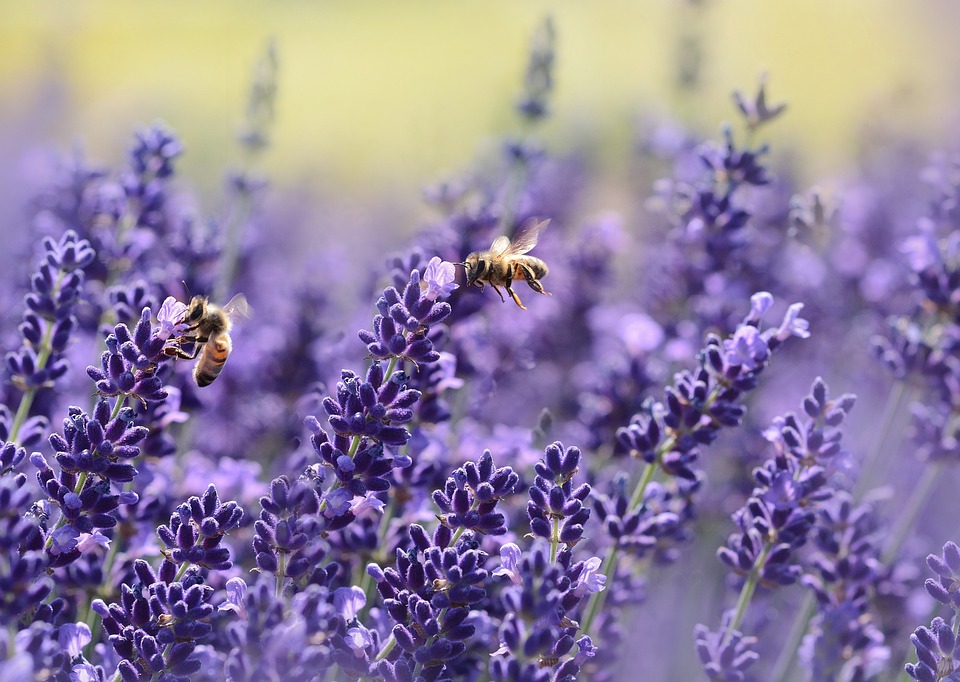Introduction
Home gardening has always been a popular hobby for many people. Whether it’s growing beautiful flowers or fresh produce, having a garden can bring joy and a sense of accomplishment. However, traditional gardening methods often rely on soil, which may not always be available in certain locations or may not provide the optimal conditions for plants to thrive. That’s where hydroponic gardening comes in. With hydroponics, you can say goodbye to soil and explore an innovative way of growing plants. In this article, we will delve into the benefits of home hydroponic gardening and how it can revolutionize the way you garden.
Increased Crop Yield
One of the primary benefits of hydroponic gardening is the potential for increased crop yield. By providing plants with all the necessary nutrients directly to their roots, hydroponics allows them to grow faster and healthier. Without the limitations of soil, plants can fully absorb the nutrients they need, resulting in larger, more abundant crops. Studies have shown that hydroponic systems can yield up to three times more produce compared to traditional soil-based methods. If you have limited space but still want to enjoy a bountiful garden, hydroponics is the way to go.
Water Conservation
Another significant advantage of hydroponic gardening is its water efficiency. Traditional gardening often requires ample amounts of water to keep the soil moist. In contrast, hydroponics uses recirculating systems that allow for water conservation. The water used in hydroponic systems is recycled, minimizing waste and reducing overall water consumption. This makes hydroponic gardening an environmentally friendly choice for those concerned about water conservation and sustainability.
Year-Round Gardening
With hydroponics, you can kiss seasonal limitations goodbye. Traditional outdoor gardening is generally limited to certain seasons, with plants requiring specific climatic conditions to thrive. However, by controlling the environment indoors, hydroponics enables year-round gardening. You can cultivate your favorite herbs, vegetables, or flowers throughout the year, regardless of the weather outside. This not only allows you to enjoy fresh produce consistently but also enables you to experiment with a wide variety of plants from different regions, regardless of your location.
Efficient Space Utilization
Hydroponic gardening is particularly advantageous for those with limited space. Whether you live in a small apartment or an urban area with minimal outdoor areas, hydroponics provides an opportunity to grow plants vertically or indoors. By utilizing vertical space with techniques like vertical gardens and stacked systems, you can maximize your cultivation area. Moreover, hydroponic systems can be designed to fit any available space, making it possible to grow plants even in areas where traditional gardening would be impractical.
Reduced Pest Problems
Garden pests can be a significant headache for any gardener. Traditional gardening utilizing soil often encounters issues with pests like insects and soil-borne diseases. Thankfully, hydroponics can significantly reduce these concerns. By eliminating soil, hydroponic systems greatly reduce the risk of pests and diseases, providing a cleaner and healthier growing environment for your plants. Additionally, since hydroponics is typically done indoors or in controlled environments, you have better control over the growing conditions, minimizing the risk of infestations.
FAQs Section
What is hydroponic gardening?
Hydroponic gardening is a method of growing plants without soil. Instead of using soil as a medium to provide plants with nutrients, hydroponics uses water-based solutions enriched with essential nutrients that are directly delivered to the plant’s root system.
Is hydroponic gardening difficult to set up?
While hydroponic gardening may seem daunting at first, it can be easily set up with the right knowledge and materials. Numerous hydroponic systems are available on the market, ranging from simple to more advanced setups. Additionally, there are plenty of resources, guides, and supportive communities to help you get started and troubleshoot any issues you may encounter along the way.
What can I grow using hydroponics?
Virtually any plant that can grow in soil can also be grown using hydroponics. From leafy greens, tomatoes, and herbs to flowers and even dwarf fruit trees, the possibilities are vast. The key is to choose plants that thrive in the conditions you can provide, such as light intensity, temperature, and nutrient requirements.
What are the basic requirements for a hydroponic system?
A basic hydroponic system typically requires a growing tray or container, a nutrient solution, a water pump or air pump for aeration, and a method for supporting the plants. You may also consider using grow lights, pH adjustment tools, and a timer to automate the watering cycles.




